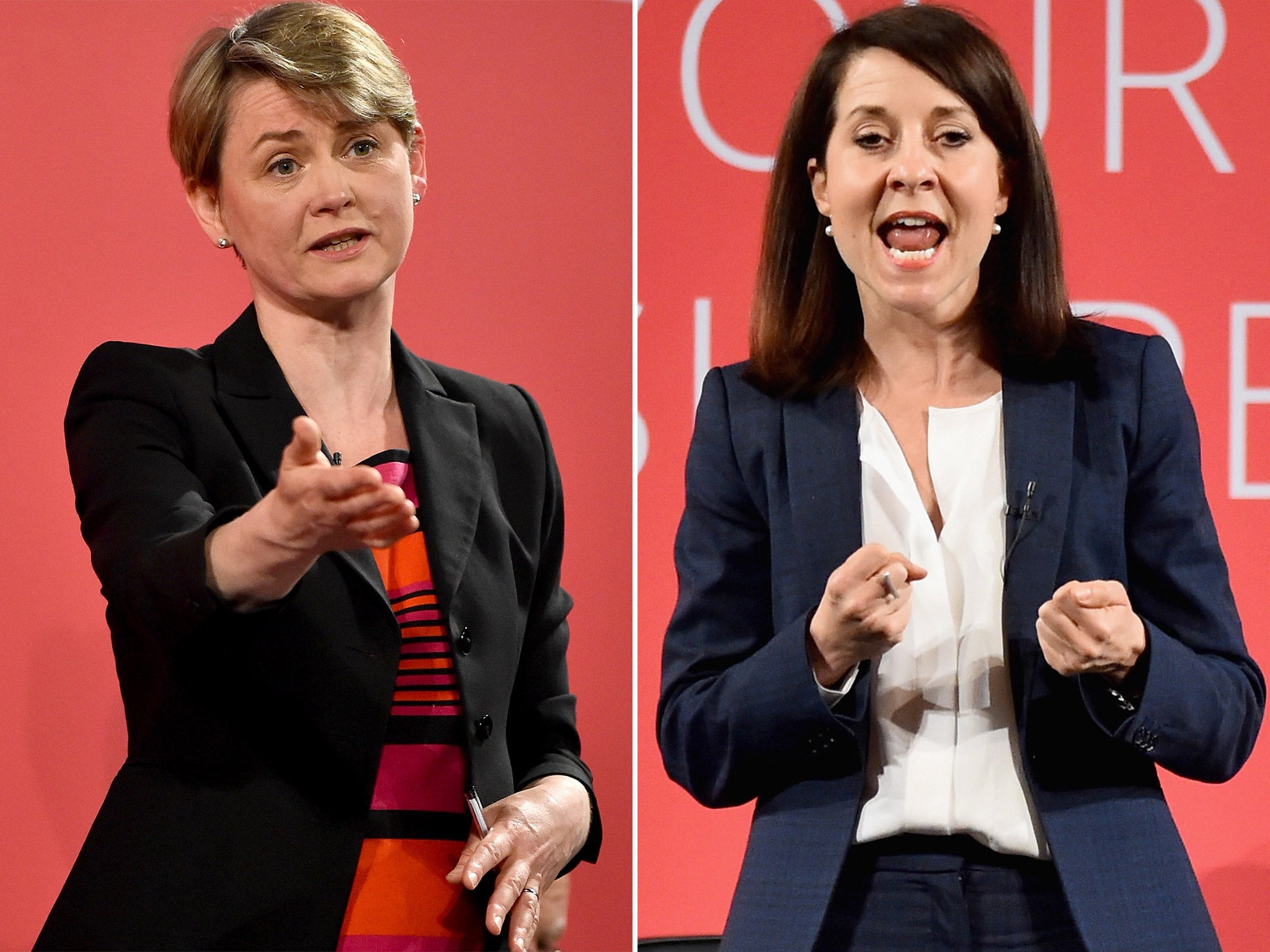If it's truly progressive, Labour will have voted in a female leader - regardless of her policies
Having worked as a councillor myself, and been penalised for having a 9-to-5 job and subject to ridiculous press scrutiny, I know that politics is still a man's world


Support truly
independent journalism
Our mission is to deliver unbiased, fact-based reporting that holds power to account and exposes the truth.
Whether $5 or $50, every contribution counts.
Support us to deliver journalism without an agenda.

Louise Thomas
Editor
Andy Burnham’s comment on Radio 5Live about having a woman leader of the Labour party “when the time is right” perhaps gave away more than he intended. The lack of a career path and successful role models are perhaps the two biggest hindrances to ensuring that talented women wish to enter politics. It is a time-consuming and expensive business and it’s no surprise that a lot of women find that they have better things to do – especially when people like Andy are so ambivalent about their inclusion.
When only 1 per cent of the total electorate is an active member of a political party - down from a high water mark of 3.8 per cent in 1983 - it is fair to say that party politics is still officially a minority interest sport and with the preferred career path being straight from university to special advisor or via patronage is it no wonder that women are finding it difficult to get the all-important political experience to work at the top level?
If we want to increase the number of female representatives in Parliament we need to look at the ground floor: local councils, where many women, like me, cut their political teeth. Yet at last count, just 30% of all councillors were women and most of them are over fifty.
I was first elected in my twenties as a councillor, I had a full-time 9 to 5 job and a 3 hour daily commute. I was in most ways typical of many of my constituents, and especially of young working women. Yet I was made to feel uncomfortable for asking council officers to hold policy briefings after work.
I was attacked in the local press by Labour councillors, ironically many of them trade union officials, and retired Tory councillors for being a part-timer when they could offer ‘full-time’ representation. If there was any way of ensuring it continued to be “jobs for the boys”, that was it.
Even a rare evening off from a council meeting to go to a Radiohead concert made the local press. It’s almost as though they didn’t want real people on the council and especially not young women.
There are still very few role-models for women in British politics. Nicola Sturgeon, speaking to Vogue magazine, admitted that she had to look abroad to Hillary Clinton and Angela Merkel for hers. In my party I have looked to Lynne Featherstone and Jo Swinson as mine, yet in the last Parliament, neither was promoted to Cabinet level despite being as good or better than some of their male counterparts; and I know from speaking to other activists in my party how demoralising that message was for women at all levels.
By standing for leadership positions in their party Yvette Cooper, Liz Kendall and Stella Creasy have helped raised the expectations of young women across the political spectrum, but with the usual sexism abounding in the media – especially concerning Liz Kendall’s lack of children or Yvette Cooper’s relationship with her husband – it seems that sadly, the debate has not moved on from Andy Burnham’s putdown. As one Labour supporting political commentator said, if you want a woman leader, you have to vote for one.
Laura Bates author of Everyday Sexism last year talked about going into schools and asking kids to draw pictures of MPs; they all drew pictures of men. When my nieces are old enough to vote I want them to see politics as women’s business.
I sat through a debate last year where frustrated women complained that no-one listened to them and a few days later the Women’s Equality Party was formed. But women should not have to set up their own party to be represented. If we want women to succeed in politics we need to promote them, vote for them and elect them as our leaders in our parties too. That’s why the only truly progressive thing for Labour to do would be to elect a female leader this time around.
Join our commenting forum
Join thought-provoking conversations, follow other Independent readers and see their replies
Comments